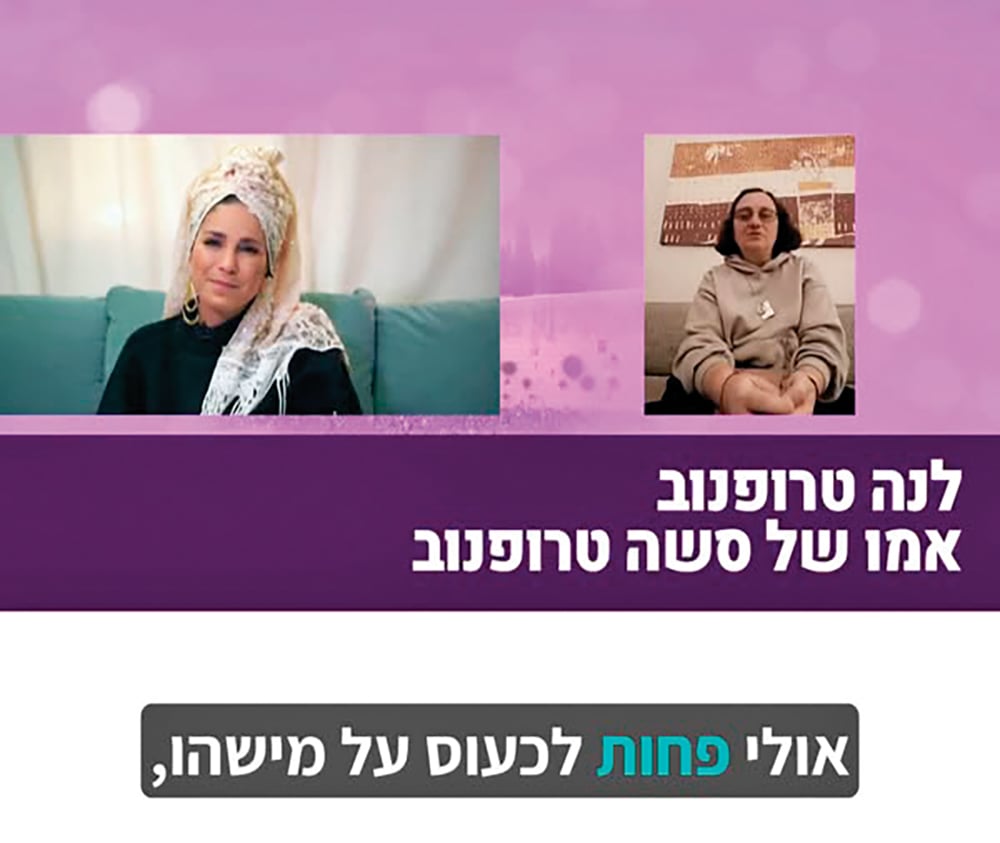Our parsha begins with the topic of a Jew who is sold as a slave. It states, “If you buy a Jewish bondsman, he shall work for six years; and in the seventh he shall go free, for no charge.” One of the potentially challenging aspects for a slave owner might arise when the time comes for his slave to be freed, and perhaps this phenomenon is alluded to in the Haftarah of our parsha.
There it states: “So says Hashem, God of Israel. I sealed a covenant with your forefathers on the day I took them out of the land of Egypt, from the house of slaves, saying, ‘At the end of seven years each of you shall set free his Jewish brother who will be sold to you; he shall serve you for six years and then you shall set him free from yourself.’” Rav Mordechai Druk points out from here that on the day that Bnei Yisrael left Egypt, Hashem gave them the commandment of freeing Jewish slaves.
Why was this commandment given specifically on the day that Bnei Yisrael left Egypt?
Rav Druk provides an explanation to this based on a story: There was a king who, from time to time, would disguise himself and dress like a regular person. He would go out to hear what people were saying regarding the king and how the country is being run. Once, during one of these adventures, one of the rebels recognized him, and a chase began, with the rebels in pursuit to kill the king. While escaping, the king searched for a place to hide, and he chanced upon the house of a blacksmith. The king told him his true identity, and that he was being chased by rebels who wanted to kill him, and he asked him if he could hide at his house. However, the blacksmith did not recognize that this was the king, and he didn’t believe the whole story the king told him. The king took out a golden coin with the image of the king on it, and showed it to the blacksmith, proving his identity. The blacksmith then fulfilled the king’s request—he took him into his house and hid him in one of the rooms. The blacksmith gathered all the blankets in the house and laid them on top of the king in order to hide him.
Not long afterward, a platoon of soldiers from the rebel army reached the blacksmith’s house, and began conducting a precise inspection of the premises. They eventually came to the place where the king was hiding and began removing the blankets, one after the other. While clearing the blankets, one of the soldiers piped up that there is no chance that the king would hide under this pile, since he would be choked by the number of blankets that were there. Based on that observation, they ceased searching there, and eventually, the rioters left the blacksmith’s house. When the coast was fully clear, the king emerged from his hiding place and expressed much appreciation to the blacksmith, and promised him that he would give him rewards.
When the king eventually returned to his palace, and things were in order again, he sent a carriage to bring the blacksmith to the palace. When the blacksmith arrived, he was welcomed to a magnificent, kingly feast, during which the king bestowed upon him many gifts. Amidst the celebration, the blacksmith turned to the king and asked him how he felt when the rioters were removing the blankets from him. All of a sudden, the king became furious, seething with rage. He ordered his soldiers to throw the blacksmith in prison, and that in a few days he would be hung.
When the day of his sentence arrived, the blacksmith was brought to the place of hanging. They then brought the noose and tied it around his neck. Moments before the blacksmith’s execution, the king suddenly stepped in and said to the blacksmith: “You wanted to know how I felt when the rioters were removing the blankets from me. I felt exactly the way that you feel right now. Had I told you back then that I had felt tremendous fear, you would not have understood what I was saying, even with all my explanations on the matter. However, now that you yourself tasted the bitterness of such an experience, you are able to understand well how I felt.”
Based on this, Rav Druk seems to explain that Hashem gave the commandment of freeing slaves specifically during the initial moments after leaving Egypt because at that time the taste of the bitter slavery was still in their mouths, and thus Bnei Yisrael would truly be able to absorb and internalize this teaching (see Drash Mordechai, Mishpatim).
Perhaps the intention of Rav Druk’s explanation is as follows: Since Bnei Yisrael themselves experienced the bitterness of slavery—they knew how it felt, and they would therefore be more sensitive to the experience of others who are slaves. Knowing from personal experience how bitter it is to be a slave, combined with the timing of the giving of the commandment of freeing slaves, may then enable Bnei Yisrael to have an easier time freeing their slaves when the time would come.
To some extent, this insight can perhaps teach us the advantage of going through struggles and hardships: One who has “been there” and felt the pain of a given challenge might emerge from that experience more sensitized and understanding and more capable of offering assistance and support to those currently undergoing similar challenges.
Binyamin is a graduate of Yeshivas Rabbeinu Yitzchak Elchanan, and Wurzweiler School of Social Work








